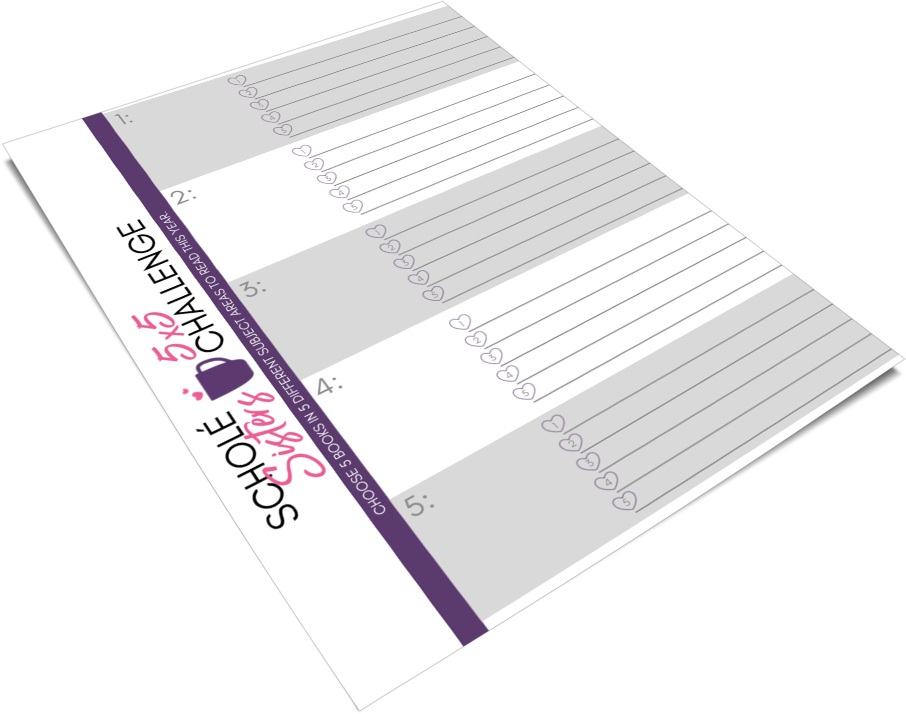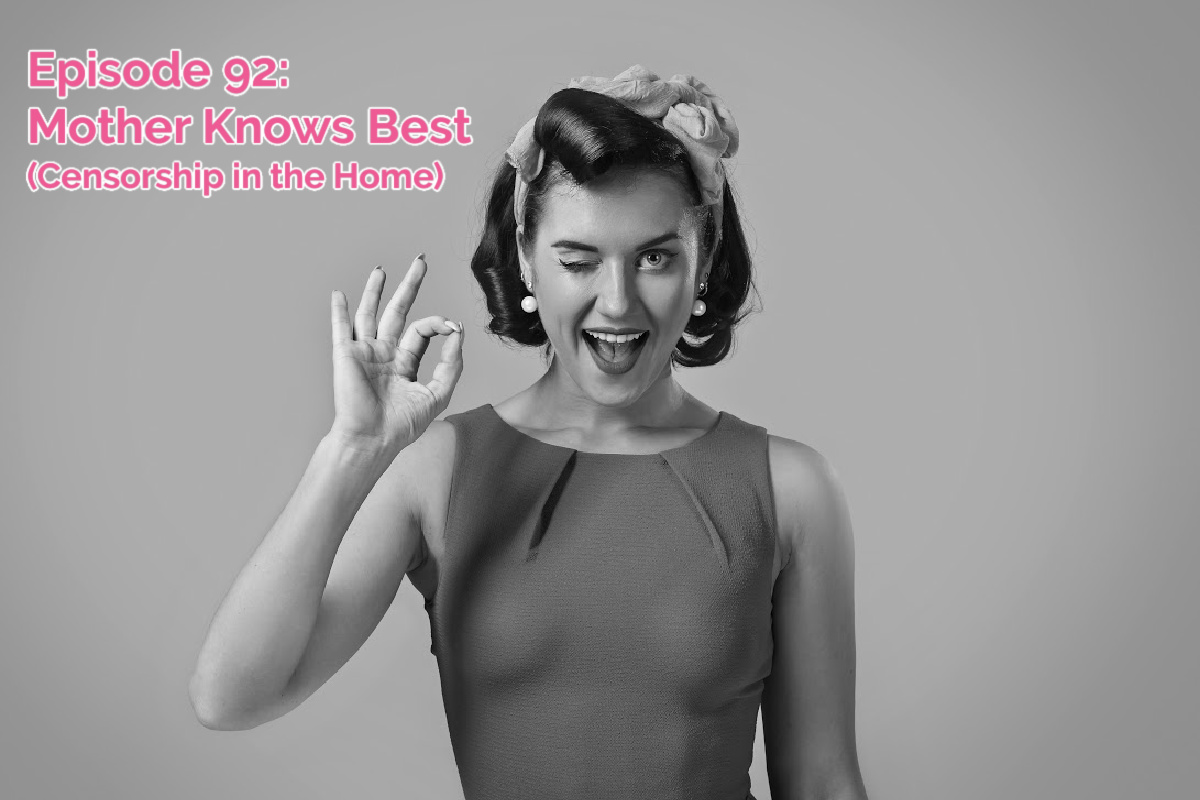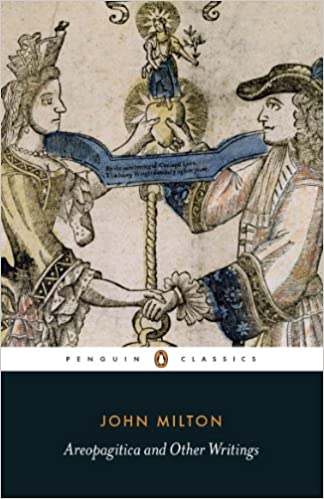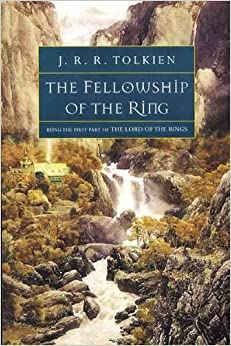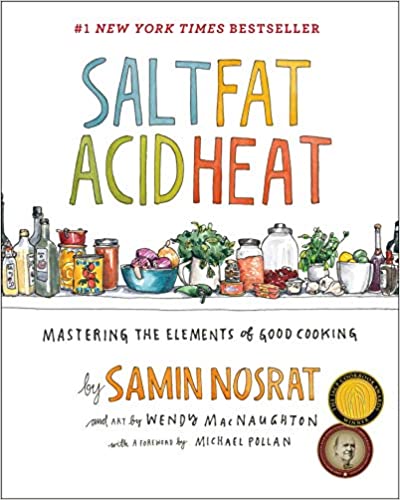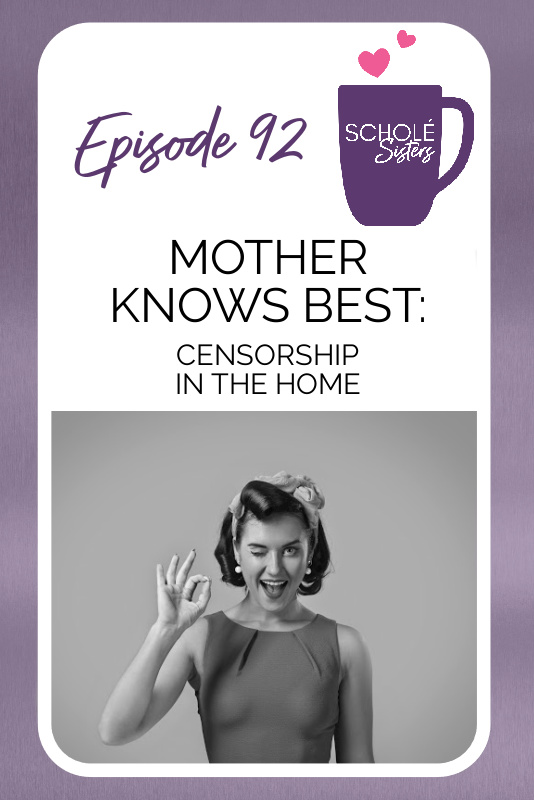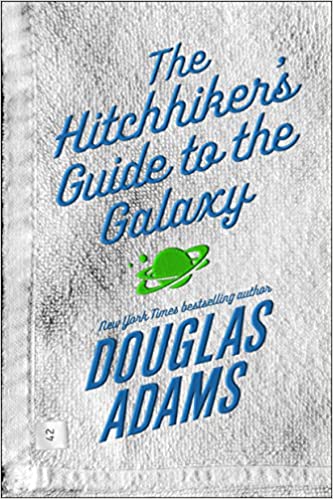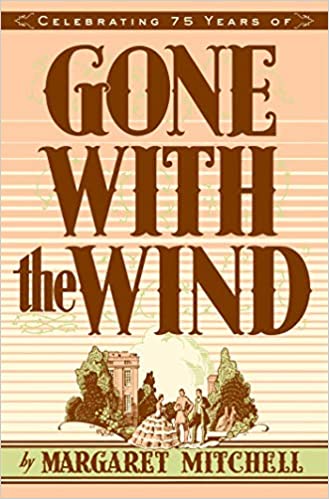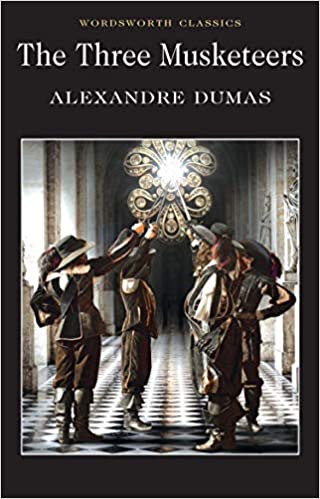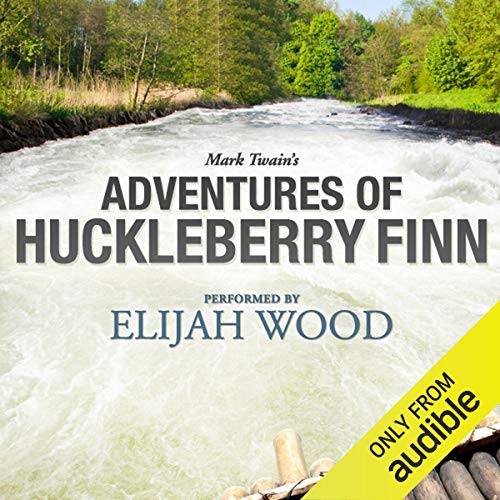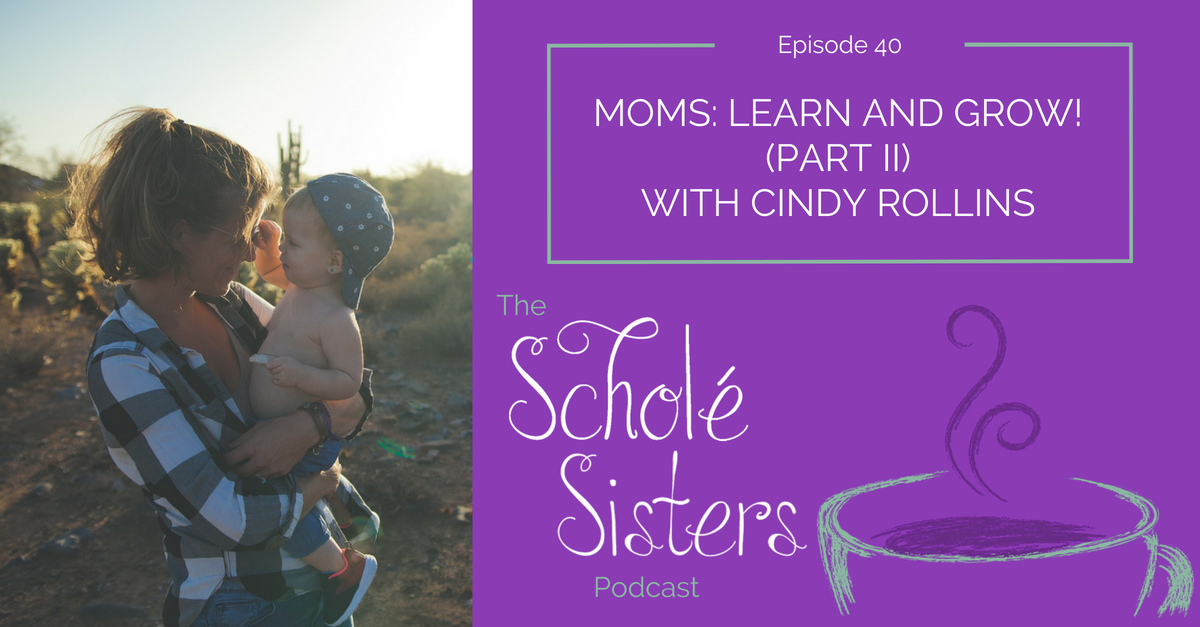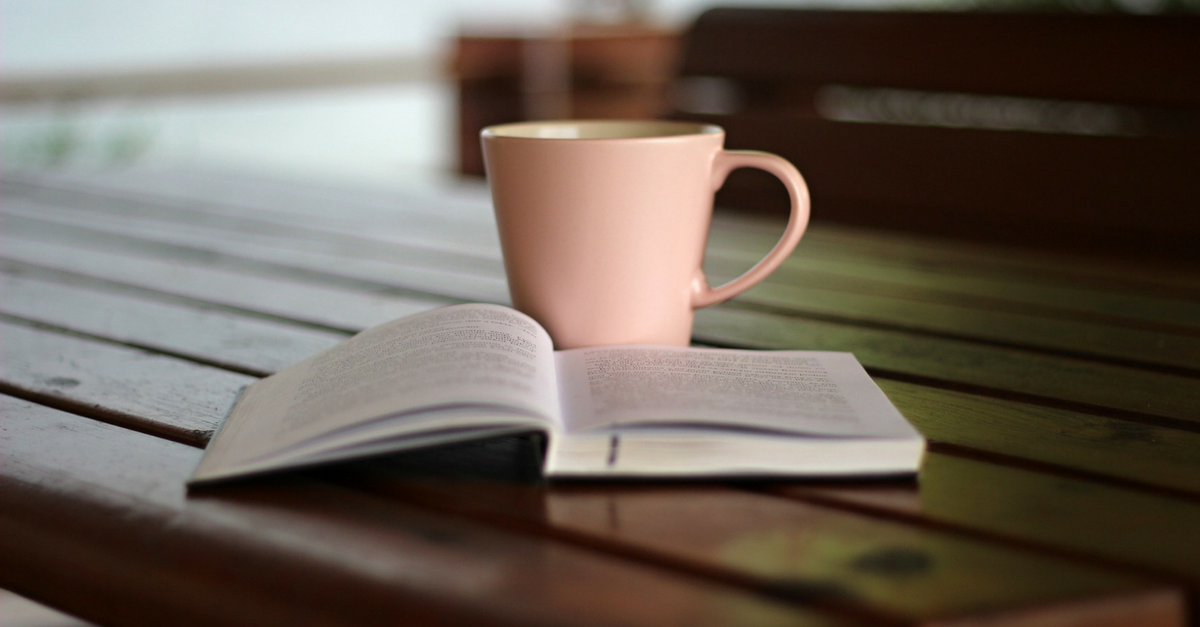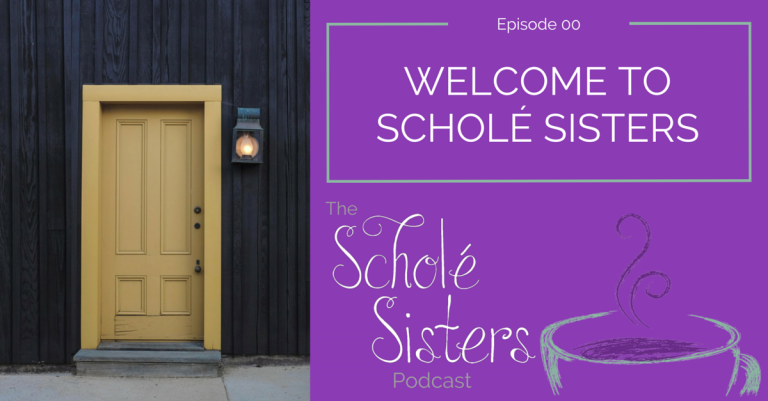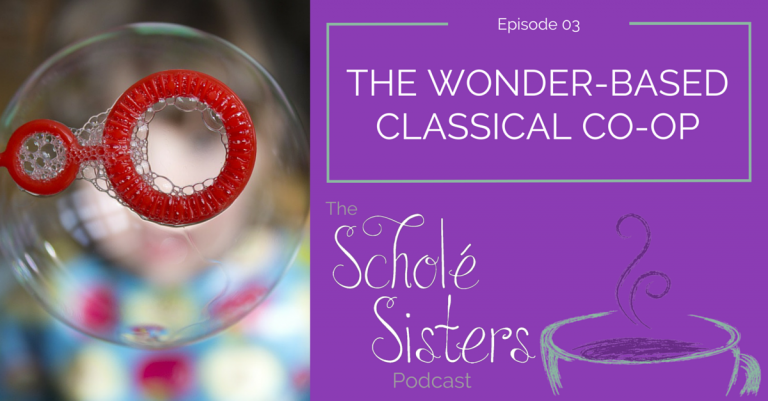SS 92: Mother Knows Best (Censorship in the Homeschool)
Censorship and do-good cancelation of opposing view points is a thing right now. When the media and governments censor what gets published based on whether or not it aligns with their agenda, it’s obviously wrong and tyrannical.
But what about parents?
Can parents censor what their children read, even basing that choice upon what they do and don’t agree on?
Yes. It’s not the same thing. The difference is that parents have been given the job by God to raise up their children and educate them. The media and government have no such role.
Today’s episode gets into some conflicting advice from respected classical authors: Plato and Milton.
Plato was all-for complete censorship of ideas, music, and more, so that not only children, but his whole society, would not know anything but what was good. Plato’s Republic was also a tyranny. Yet, he did develop why censorship was particularly appropriate for those being educated.
Milton, on the other hand, was coming out of a government that was less than forthright and honest in its news and reports. He took the opposite tactic and wrote a pamphlet against censorship, both in the government and in education.
Today’s conversation lets these two views interact, applying the topic to the home and home education rather than society or government.
Listen to the podcast:
TUNE IN:
Apple Podcasts | Spotify | Stitcher
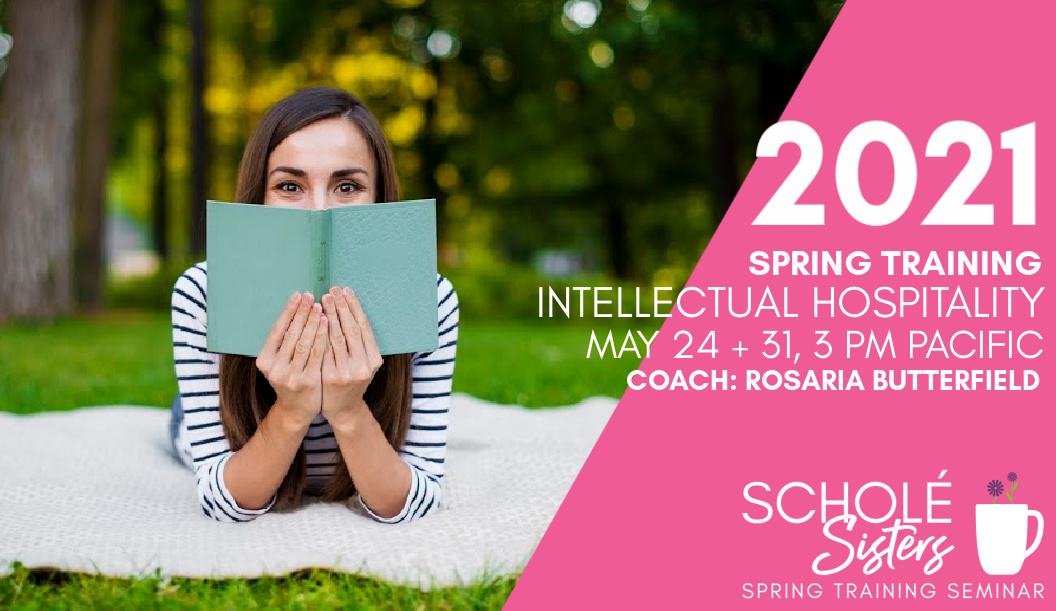
Censorship
- [2:47-15:20] Scholé Everyday segment
- [17:48] What is censorship?
- [25:55] Creating an ideal world through censorship
- [29:35] Parents have the authority to censor
- [42:26] Parents have the duty to train
- [49:10] Examples of censorship in the home
- [1:03:45] What kind of censorship is appropriate?
- [1:08:00] Teaching self-censorship
Today’s Hosts and Source
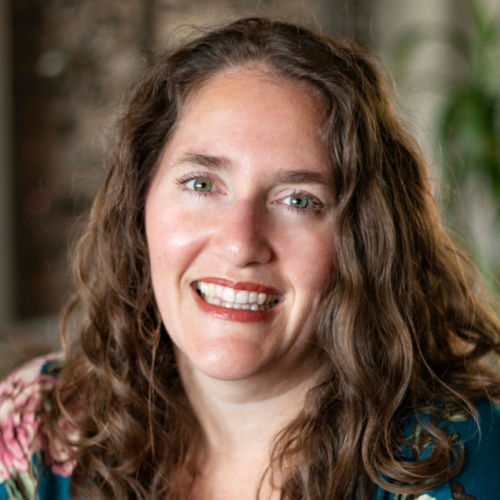
Brandy Vencel
homeschools her 4 children in California and doesn’t let them read AO books ahead of schedule.
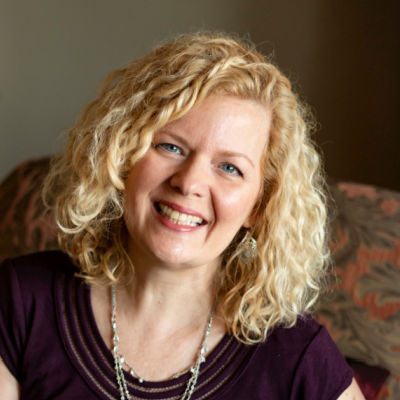
Pam Barnhill
homeschools her 3 children in Alabama and doesn’t have time for bad books.

Mystie Winckler
homeschools her 5 children in Washington State and has been laissez-faire with their bookshelves, with some regrets.
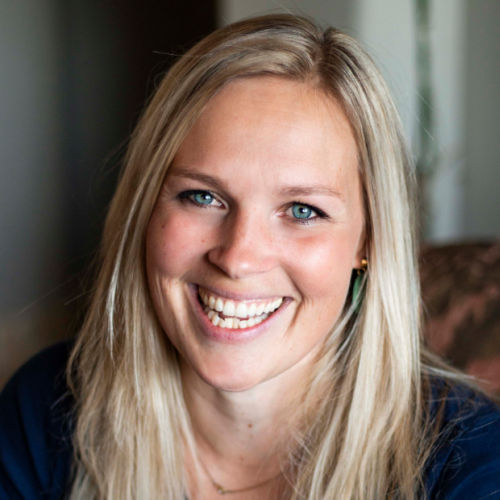
Abby Wahl
homeschools her 5 children in Oregon and gets choosy with her books because read-aloud time is limited.
Source introduction
“Give me the liberty to know, to utter, and to argue freely according to conscience, above all liberties.”
John Milton, Areopagitica
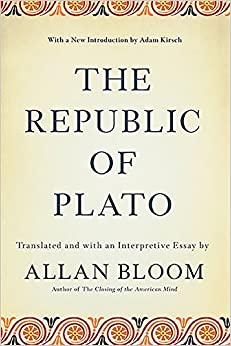
Shall we just carelessly allow children to hear any casual tales which may be devised by casual persons, and to receive into their minds ideas for the most part the very opposite of those which we should wish them to have when they are grown up?
We cannot….Anything received into the mind at that age is likely to become indelible and unalterable; and therefore it is most important that the tales which the young first hear should be models of virtuous thoughts.
Plato, Republic
Scholé Everyday: What We’re Reading
Areopagitica, John Milton
The first speech on the right to free speech. Brandy is reading this work because she’s into political liberty right now.
The Republic, Plato
Mystie is reading this along with the book club inside Sistership.
Fellowship of the Ring, J.R.R. Tolkien
Pam is reading this in her “Bromance for the Ages” 5×5 challenge categories.
Salt, Fat, Acid, Heat, Samin Nosrat
Abby is reading this cookbook with a friend and loving the look at how cooking and food works.
Milton wrote the first free speech manifesto
Milton, in Aeropagitica, makes four main arguments against censorship. His government was toying with licensing all publishing, forbidding anything contrary to the crown to be published. Milton steps up with why that would be a terrible idea.
- The historical argument: who has done this before? Only those we’d not approve, including the Spanish Inquisition. Want to join up with them?
- The effect on reading will be bad because there is no dialectic conversation between what you’re reading.
- It is actually going to be ineffective. It’s an attempt to create a utopia and will thus be doomed from the start.
- Censorship harms learning.
What is censorship?
According to The American Heritage dictionary, a censor is
1. A person authorized to examine books, films, or other material and to remove or suppress what is considered morally, politically, or otherwise objectionable.
2. An official, as in the armed forces, who examines personal mail and official dispatches to remove information considered secret or a risk to security.
3. One that condemns or censures.
The act of censorship is “to examine and expurgate” the whole or part of a work.
What motivates censorship?
The goal of the censorship is to “protect” people from “wrong” ideas. Censoring is done to shape and mold the society into the desired form by banning exposure to counterarguments and different cultures.
It’s motivated by utopianism. Dystopian literature generally points to the fact that attempts at utopias through censorship and other means will end in dystopias.
Utopianism can also motivate moms, but not all filtering and censoring in the home is wrong-headed utopianism.
Protecting our kids from sin
We ought to protect our kids from the corruption of the world in many ways. However, keeping out all mention of sin will not therefore keep our kids from sin.
We have to remember that sin starts in each heart. It isn’t external. So if you keep out books with lying and bad attitudes, your kids will still discover lying and bad attitudes on their own.
On the other hand, our kids should be protected in their young years from the sexualization and twisted perversions of the world. Later, however, they need to know what’s going on or they actually will not be protected from what they encounter.
Creating an ideal world through censorship
Plato wanted to edit and revise all works and music and any cultural artifact so that nothing contradicted the narrative they are trying to create in their just society. If the people never encounter bad ideas in cultural works, they won’t have or live out bad ideas.
There’s an element of truth in Plato’s conclusions. Stories and music do shape us and introduce us to ideas in an attractive and compelling way. However, Plato’s application presumes that people are good and just in and of themselves and all corruption comes from the outside.
Plato is concerned with having a perfect society. Milton, on the other hand, is concerned with having a free and thinking people. Milton’s goal is achievable. Plato’s is not.
Censorship prevents thought & discovery
To really think and understand an idea, we need to be free to explore the issue. The prevention of any unapproved idea will short-circuit the reasoning and understanding process.
Instead of trying to simplify learning into simply receiving predetermined ideas, we need to use wisdom to walk our children through the discovery and understanding process. We need to not be afraid of error on our way to truth, because all humans will mix error with truth as they process and learn and reason.
We need practice handling that process and discerning error in logic and reasoning.
Parents have the authority to censor
It is the parents’ prerogative to decide what will be best for the education and training of their own children.
Choosing to censor or ban certain material is entirely appropriate when used with caution and wisdom.
Censoring or banning books or movies, however, is never alone going to produce a healthy learning environment. Much more is needed.
Parents have the duty to train
Censoring is easier than training.
In the early years, we are careful about what we allow into our homes, but equipping our children to handle adult life with thoughtful wisdom requires much more of us than simply keeping out bad influences.
Four kinds of censorship in the home
First, you can simply keep bad books out of your home.
Second, you can keep a shelf of books that children are not permitted to access.
Third, you can read books aloud and leave out inappropriate parts.
Four, you can buy pre-censored and expurgated editions of books (like Reader’s Digest).
What kind of censoring is appropriate?
To spend more time filling them up with good stories, good theology, good philosophy, good conversation than in worrying about whether or not they’ll read something bad or wrong. This is what Rosaria Butterfield taught in Spring Training, also.
Wes Callihan had a piece on Harry Potter that said he wasn’t worried about kids reading it; he was worried it’d be the first compelling story the child encounters for himself.
A child raised on better stories and better writing won’t be captivated by Harry Potter because the quality just isn’t there – and that goes triple for any of the other modern bestsellers.
Teaching self-censorship
The goal isn’t to figure out the best way to filter and censor in our homes. That’s just a tool we might need to sometimes use toward our actual goal of raising responsible adults.
Having the work of discernment always done for them will not result in prepared, equipped young adults.
Transitioning from complete protection and dependence to personal responsibility and independence is the work of parenting.
The desire to avoid risk
There is no formula for parenting. It is not possible for our societies or our families to be utopias.
Some censorship is done out of a desire to avoid risk, but parenting is risky.
Our kids won’t be complete or squeaky clean when they leave our homes, just as we currently are not complete or squeaky clean. What we all need to know and practice is repentance and love of the true.
Mentioned in the Episode
Listen to related episodes:
SS #40: Moms: Learn and Grow! (Part II — with Cindy Rollins!)
SS #25: To Pre-Read or Not to Pre-Read (Why Is It Even a Question?)

